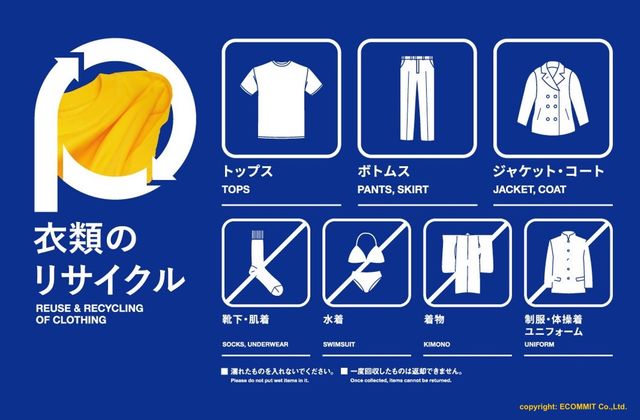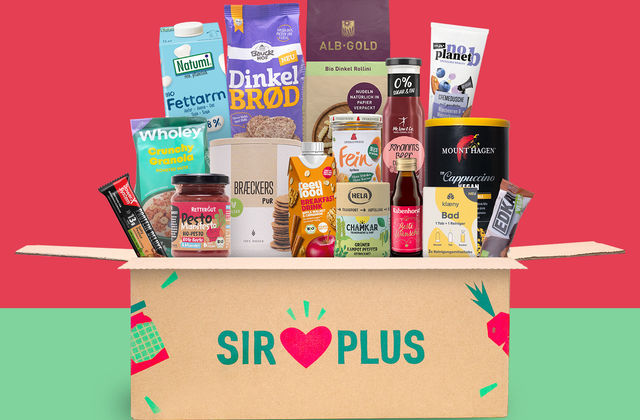Food & beverage, Consumer goods, Digital Platforms
What is it? Phenix offer a range of solutions to help businesses redistribute and sell consumer goods that would have otherwise gone to waste. Their services facilitate redistribution to charity, reduce waste in the production and sales and enable customers to pick up baskets of unsold food products through the Phenix app. Their solutions include donations to charities, labels on short-dated products, employee training, anti-waste baskets and systems to track expiry dates (Phenix, 2022f).
Why is this important? WWF found that about 40% of food produced worldwide for human consumption gets lost or wasted, which equates to approximately 2.5 billion tonnes of food (WWF, 2021). In France alone, every year 10 million tonnes of still edible food are wasted (Martin, 2019). This food waste creates around 15.3 million tonnes of CO2 equivalent and signifies a massive waste of money (Martin, 2019). At the same time, people in France and abroad struggle to put food on the table, with 25.9% of humans globally affected by moderate or severe food insecurity in 2019 (United Nations, 2020).
Main resource strategy: Slowing the loop by finding alternative uses for products still suited for humans (e.g., charity redistribution, Phenix app) and closing the loop by repurposing products no longer suited for human consumption (e.g., animal feed).
Other resource strategies: Narrowing the loop by reducing waste at the source through training and services.
Business model aspects:
- Value Proposition: Phenix offer a host of services and solutions to reduce waste. Their online platform Phenix Connect help report leftover products and plan collection by associations and charities (Martin, 2019). The Easyturn tool helps track product expiry dates and manage inventory (Martin, 2019). And the Phenix app helps companies resell produce to customers in baskets. Additionally, Phenix help companies manage and report their waste (Martin, 2019).
- Value Creation & Delivery: Through their digital platforms, tools and apps, Phenix help redistribute unwanted products. Employees in local offices help identify partners and have built the network of 15,000 partners (manufacturers, wholesalers, food services, etc.) and over 1,300 charities that benefit from the system (as of September 2022) (Phenix, 2022b; Phenix, 2022c).
- Value Capture: Phenix receive payment for the services they offer, for instance by receiving a commission per basket sold through the Phenix app (Martin, 2019). The company started in France and has grown to open offices in Portugal, Spain and Switzerland as well (Martin, 2019).
Strategies for degrowth/ sufficiency (based on sufficiency strategies from Niessen & Bocken, 2021):
- Awareness-raising: Phenix organise events to fight food waste (Martin, 2019) and offer online content in The No Waste Lab to raise awareness of sustainability issues around waste and suggest solutions for a sustainable lifestyle, including articles and webinars (Phenix, 2022a).
- Green alternative: Through their service solutions, Phenix help offer unsold goods that would have been wasted to charities (through the Phenix CONNECT redistribution system) and individual customers (through their Phenix app).
Business model experimentation practices: Phenix was founded in 2014 and has doubled its turnover since then (Martin, 2019). The company actively encourages and trials new innovations to reduce waste. They launched their own food waste-fighting shops “NOUS anti gaspi” which have become an independent grocery chain. Phenix also incubated the Graapz idea in their ideas incubator Phenix Lab, which they eventually acquired and turned into the Phenix apps to resell baskets of unwanted produce (Martin, 2019).
Sustainability outcomes: Phenix state that they have saved 150 millions meals or 10 million tonnes of products that would otherwise have been wasted (Phenix, 2022e). For the Phenix app specifically, they state that almost 2 million baskets have been sold which saved 15,000 tonnes of CO2 (Phenix, 2022b). For each Phenix basket sold, they estimate a CO2 emissions saving of 4.5kg (Phenix, 2022d).
Sources:
***
About project Circular X
Project Circular X is about ‘Experimentation with Circular Service Business Models’. It is an ambitious research project funded by the European Research Council (ERC) which supports top researchers from anywhere in the world. Project CIRCULAR X runs from 2020-2025. The project is led by Principal Investigator (PI) Prof Dr Nancy Bocken, who is joined by a multidisciplinary team of researchers at Maastricht Sustainability Institute (MSI), Maastricht School of Business and Economics, Maastricht University. The project cooperates with businesses who want to innovate towards the circular economy.
Project Circular X addresses a new and urgent issue: experimentation with circular service business models (CSBMs). Examples of such new business models include companies shifting from selling products to selling services and introducing lifelong warrantees to extend product lifetimes. However, CSBMs are far from mainstream and research focused on experimentation is little understood. The research aims to conduct interdisciplinary research with 4 objectives:
- Advancing understanding of CSBMs; their emergence and impacts
- Advancing knowledge on CSBM experimentation
- Developing CSBM experimentation tools
- Designing and deploying CSBM experimentation labs
Funding source
This project has received funding from the European Research Council (ERC) under the European Union’s Horizon 2020 research and innovation programme, grant agreement No. 850159.
Using this information
When you cite this publication, please use the following source:
Circular X. (2022) Case study: Phenix - All-round solution to reduce waste. Accessed from www.circularx.eu



